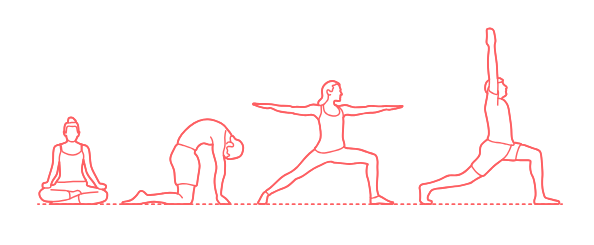7 Caregiving Postures

Posture 1: Remember the Saviour
As a fellow brother/sister, your role is to promote not human-human but human-Saviour interaction. When you and your friend meet up, Christ is present by His Spirit. He is interceding to the Father. You can go to God in prayers together (Heb.4:15-16). Remembering the Saviour guards you from trying to be the pseudo-saviour, problem-solver.
Posture 2: Remember the church
‘Strugglers-Copers. Needy-Caregivers. Weak-Strong.’ Everyone is given to us by God for our mutual benefit. ‘God arranged the members in the body, each one of them, as he chose’ (1Cor.12:18). ‘If one member suffers, all suffer together; if one member is honoured, all rejoice together’ (1Cor.12:26).
Posture 3: Humility & Love
Humility leads genuine curiosity – seeking to understand the person’s anxieties rather than assuming. Love leads you to sacrificially step into life troubles ‘common to all’. You can then work collaboratively with the person, seeking to understand the person’s circumstance and heart, and draw near to God and pray intelligently together (Eph.4:1-2).
Humility and Love guard you from being glib: ‘I know exactly how that feels’ or ‘That’s nothing compared to..’. Listen, listen, listen.
Posture 4: Aiming for Faith, not Zen-like
Posture 5: Aiming for Growth, not Perfection
Posture 6: Self-awareness
Be aware of your own responses in caring for the anxious person. Process your own emotions. Admit and articulate your emotions, and bring them to God. Learn to share your weaknesses sensitively with the person. Don’t just tahan and push on. Talk with others outside your context, ask for prayers support.
Posture 7: Be a Friend in Christ
Commit to not make anxiety the centre of your relationship. Talk honestly and deeply at times, but also chillax together, go for a walk, laugh. Work at being an encouragement in Christ. Talk about teh struggle with anxiety within a bigger picture of a healthy Christian friendship. Share you own Christian like, pray together.
Anxious Amy/Adrian

Amy/Adrian is a 26-year-old graduate who lives a typical fast-paced Singaporean life with many aspects to juggle – family, work, church. Amy/Adrian had previously shared with you her/his struggle with keeping a balance in life and finding time for each aspects of life. She/he occasionally feels anxious but was never debilitating. However, recently her/his anxiety escalated and severely affecting her/his relationships, performance and work and even her daily activities. As she/he shared more, you learned that there are many areas of her/his life that are affected by her/his anxiety:
Amy/Adrian’s list: Going to grocery. Praying in front of others. Contributing ideas in Bible study. Eating in cafe. Attending small group. Driving. Initiating social and coffee. Going to church on Sunday.
Amy/Adrian: I have this constant, nagging fear of disappointing my friends, family and even total strangers. I realised that I am just not as capable at doing everything as well as I thought I could, so now I avoid people as much as possible.
You: ?
